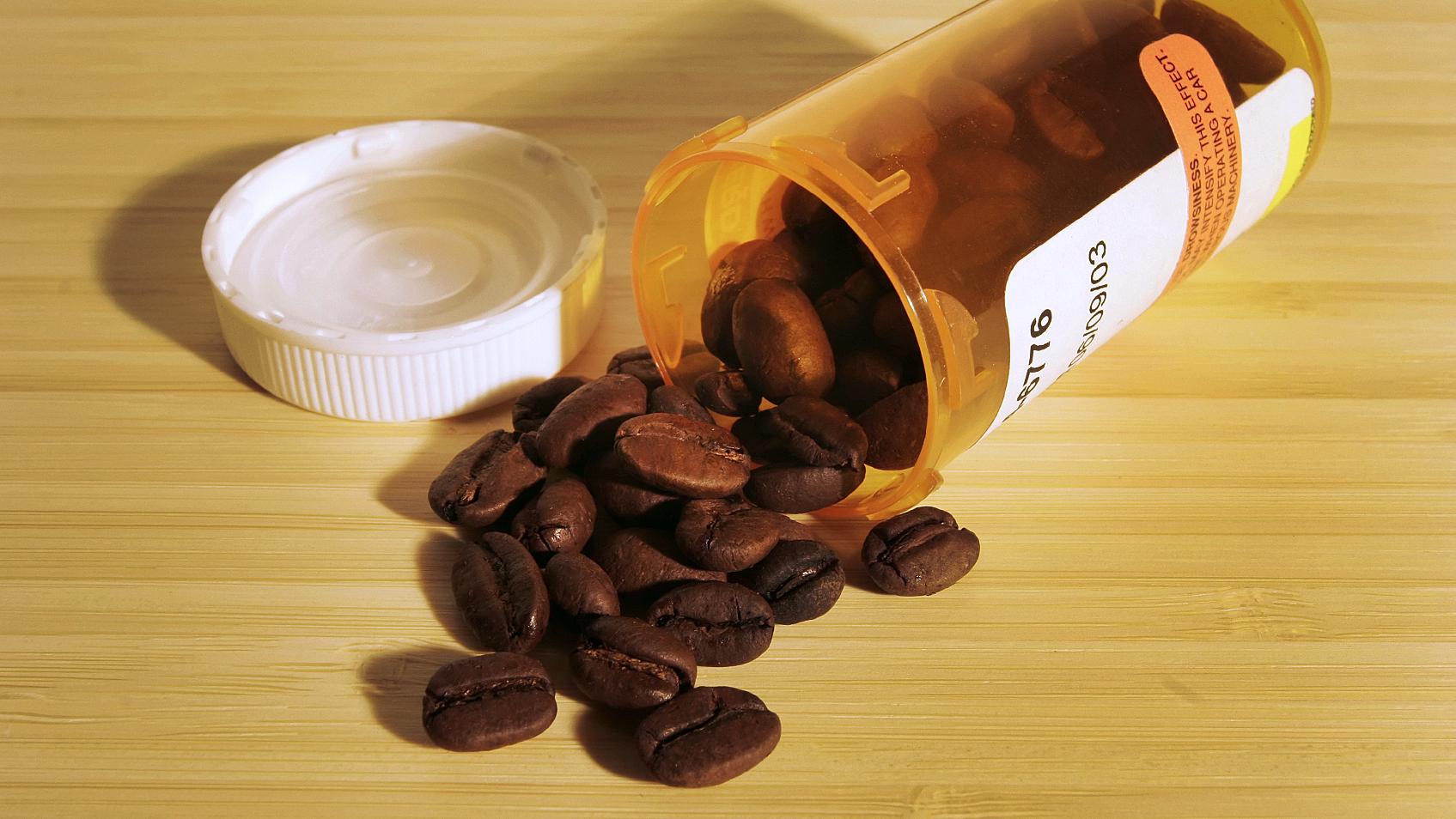

According to the American Heart Association, it’s been shown to reduce the risk of stroke.*.It may lower the risk of developing cardiovascular disease.*.Most green teas contain very few calories.Is green tea good for you? Here’s a look at some of the benefits of drinking green tea: While it may not be right for everyone, it’s been getting a reputation not only for its refreshing natural flavor but also for its many health-promoting properties. Whether you’re a tea lover who’s looking to try something new or a coffee-drinker interested in swapping out your afternoon latte for a different source of caffeine, green tea may be the answer. The hotter the water, the faster the caffeine will be released into the tea. The temperature of the water used to steep the tea.Loose-leaf tea, on the other hand, may be steeped in varying quantities which will cause caffeine levels to go up or down depending on how much is used. Doubling up on tea bags will, of course, double the amount of caffeine. Tea bags come pre-packaged with a fixed amount of leaves per bag. The ratio of green tea leaves to water.The longer it steeps, the higher the caffeine content will be. How long to steep green tea depends on the caffeine content you prefer. The amount of time the tea has been steeped.Here’s a look at what alters caffeine levels in green tea:

While 30-50mg is an estimation of how much caffeine is found in most eight-ounce cups of green tea, this amount may change depending on how it’s steeped. What Causes Caffeine Levels in Green Tea to Change? When it works in conjunction with caffeine, this amino acid not only helps to increase alertness*, but also produces a gentler buzz than coffee or an espresso drink would. What else is different about the type of energy boost provided by green tea? An ingredient called L-theanine. A single shot of espresso contains 63mg of caffeine.Instant coffee contains about 30-90mg of caffeine (per eight-ounce cup).Black tea contains around 47mg of caffeine (per eight-ounce cup).Here’s a look at the average caffeine levels in other beverages: You can expect to find about 20-50mg of caffeine per eight-ounce cup. That’s less than half the average amount of caffeine found in brewed coffee (102-200mg) which means that drinking more of it isn’t likely to cause the same kind of jitters and jolts. How Much Caffeine is in Green Tea?īecause it’s derived from Camellia sinensis, a plant naturally containing caffeine, green tea is a popular beverage to help with waking up in the morning or to get a bit of energy when fatigued. Aside from the simple pleasure of warming up with a cup of hot tea on a cool day, Americans are finding value in the regular consumption of green tea for its numerous health benefits or for a mid-morning boost of caffeine.Īn article from The Washington Post reported that more and more Americans have been choosing green tea over other types of tea with green tea experiencing a 40% increase in consumption from 2000 to 2014 alone. Whether it’s becoming a preferred alternative to coffee or a dietary supplement used to help with weight loss, it now accounts for about 15% of the total tea consumption each year. The Rise of Green TeaĮxtracted from the same plant as black and oolong tea, green tea is a beverage that has existed for centuries but has continued to grow in popularity in recent years in the United States. Keep your kettle close-you’ll be ready for a cup soon after we’re through.
#Caffeine in a cup of green tea how to
In this blog, we’ll take an in-depth look at how much caffeine is in green tea and how to incorporate it into your daily routine. Just how much caffeine does one cup hold, and how does it match up against your other favorite caffeinated pick-me-ups? Aside from its delicious flavor and versatility as a hot or iced beverage, green tea also contains caffeine. It’s here to stay and its benefits are practically overflowing from the very mug it’s been steeping in. With its origins dating back thousands of years, green tea has proven its utility (and desirability) across several centuries and cultures, making it clear that it’s not just a passing dietary trend.


 0 kommentar(er)
0 kommentar(er)
